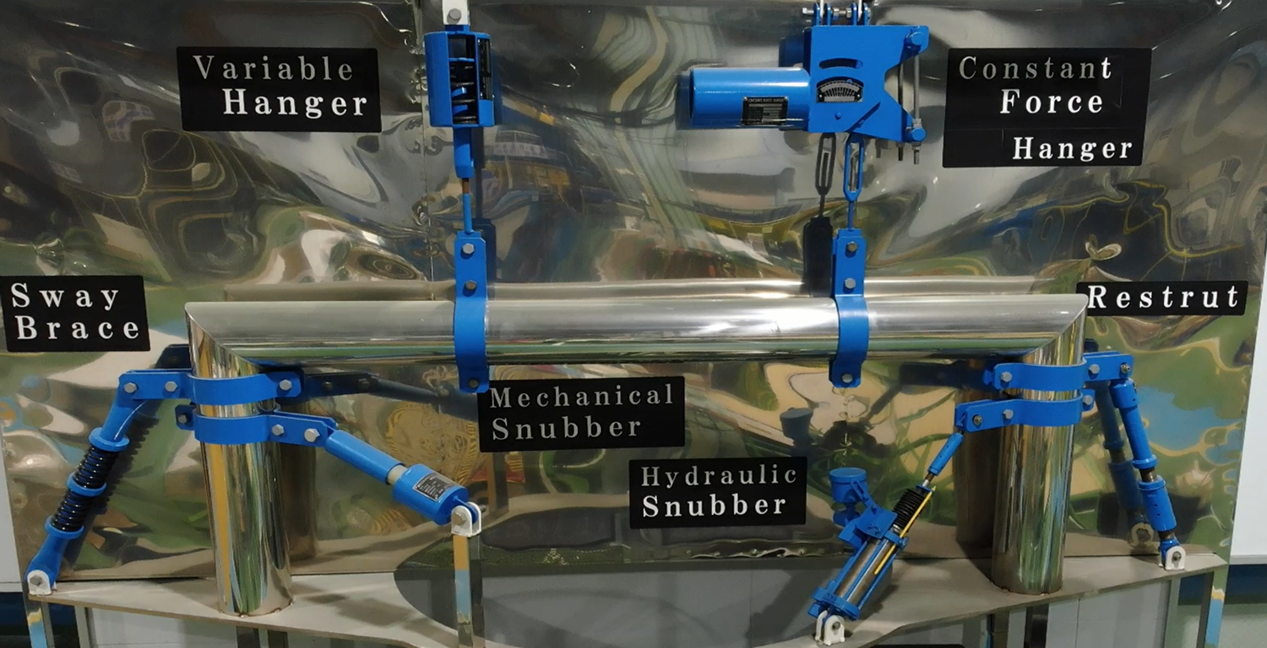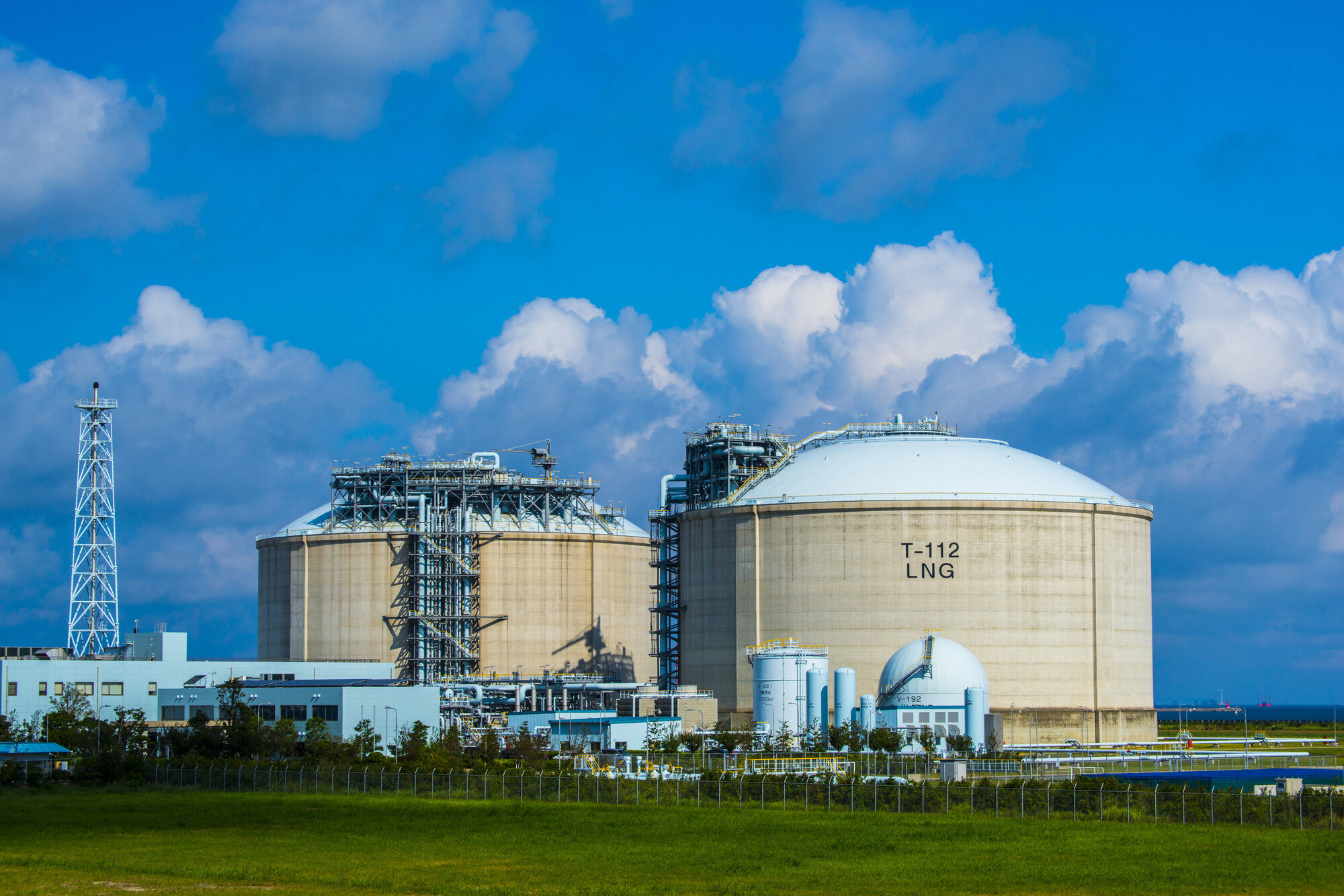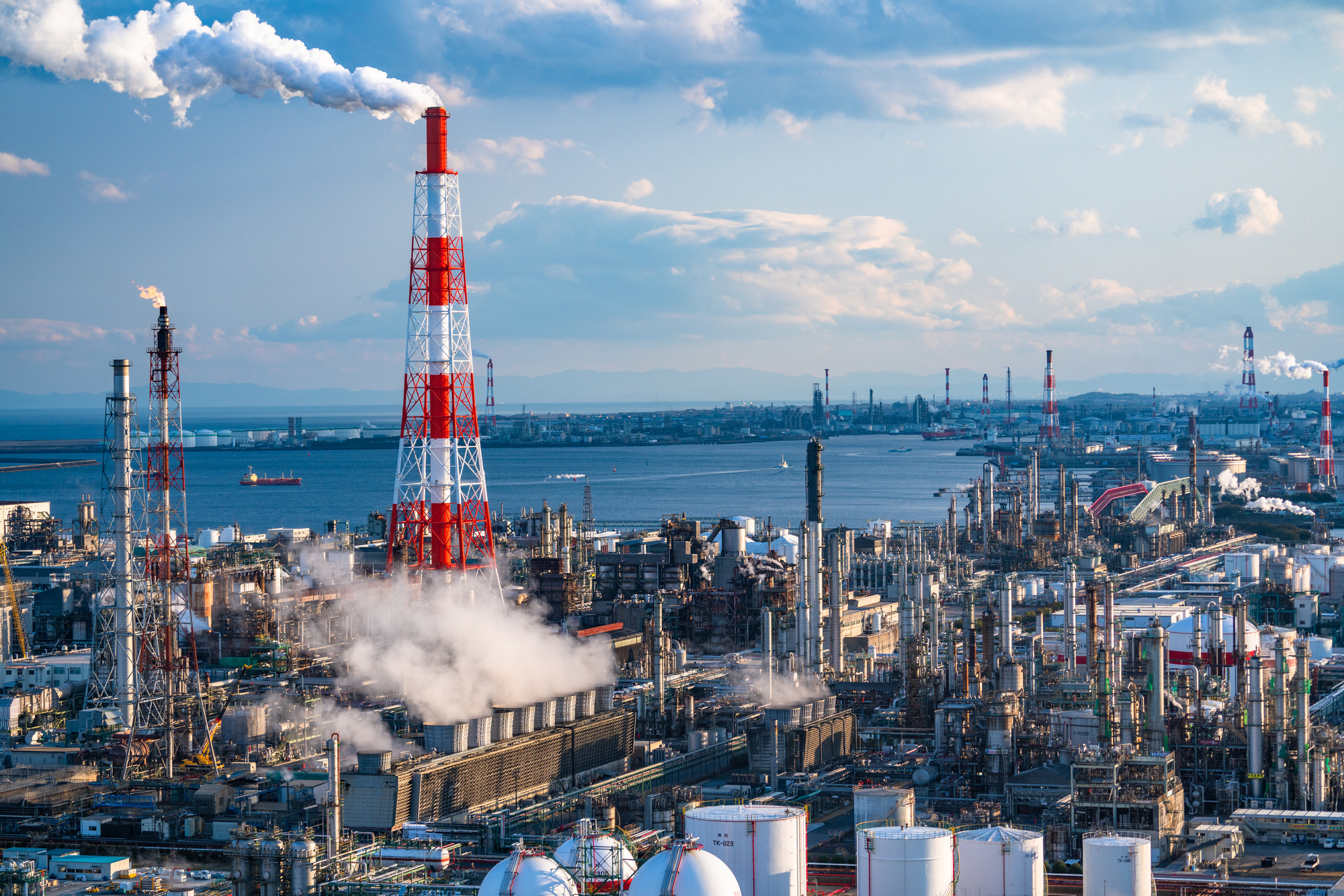Plant Equipment Inspection Service

Inspection by Drone
We have launched an inspection service that draws on our extensive experience with plant “pipe supports.” Utilizing high-performance drones, the service enables detailed evaluation of rust damage and identification of loose bolts on pipe supports, all through video analysis.
Our Clients
・Customers requesting plant equipment inspections
In LNG plants, petrochemical plants, power plants, and similar facilities, our service can inspect not only pipe supports but also equipment located in explosion-proof area and at elevated heights. Please note, however, that drone inspections may not be possible in areas where pipe supports are concealed by piping or other equipment.
・Customers requesting inspections of factory exterior walls and roofs
・Customers requesting aerial photography
We can provide aerial photography of buildings and surrounding areas, such as exterior shots for new factory opening ceremonies.
Service Features

① Long-range inspections by high-performance camera
With a high-performance camera, we can inspect even the smallest issues, such as rust-related deterioration of pipe supports or loosened bolts. In addition, areas where drone flight is difficult, such as explosion-proof zones (locations with fire or explosion risks), can still be inspected safely from a distance using the drone’s advanced camera. The camera offers up to 200x zoom capability.

② Eliminates the need for scaffolding, reducing both time and cost
Traditionally, scaffolding was essential for high-altitude inspections, such as tank walls or flare stacks. By utilizing drones, these inspections eliminate the need for scaffolding, making the process easier while significantly reducing both time and cost.
Service Process Flow
Upon receiving a consultation request from the customer, we promptly review the project outline. After identifying the inspection areas and confirming requirements through prior discussions, we prepare a flight plan and obtain approval. The inspection is then carried out, and finally, we deliver the captured data as the completed deliverable.
| Inspection Process | Responsible Party | Time Required |
| ① Initial Assessment | Customers & NHK Spring | - |
| ② On-site Confirmation – Identifying inspection points and flight area | Customers & NHK Spring | Approx. 1 day |
| ③ Flight Plan Preparation & Submission | NHK Spring | Approx. 1 week |
| ④ Flight Plan Approval | Customer | - |
| ⑤ Notification to MLIT (Ministry of Land, Infrastructure, Transport and Tourism) and other relevant authorities | NHK Spring | Approx. 1-3 days |
| ⑥ Inspection Execution | Customers & NHK Spring | Approx. 1 day (depending on weather) |
| ⑦ Captured Data Delivery | NHK Spring | Immediate |
Drone Specifications
The performance of the drone is critical for inspection quality. NHK Spring operates the following high-performance model.
Specifications
| Model Name | Matrice 300 RTK |
| Flight Time | Up to 55 minutes per flight |
| Obstacle Detection | All-direction detection system |
| Camera Performance | Zenmuse H20T Simultaneous storage of video and photos from three cameras ・Wide-angle camera (4K) ・Zoom camera (up to 200× magnification) ・Thermal camera ・Laser rangefinder (3–1, 200m) |
| Appearance | 
|
Zoom Capability
Up to 200× magnification
| Distance to Target | 80m | 280m |
| At 200× camera zoom |
|
|
Imaging Capabilities
Our drones can simultaneously record footage with wide-angle, zoom, and thermal cameras. Zoom-only images can sometimes make it difficult to recognize the exact shooting target. By combining wide-angle and zoom, the target can be easily identified.
|
Example: Three videos of the same location |
Extended Use Beyond Inspections
In addition to inspection services, our drones can be used for aerial photography, including commemorative videos, for example, during the opening of a new factory.
NHK Spring Miyada Plant (Miyada Village, Nagano Prefecture)